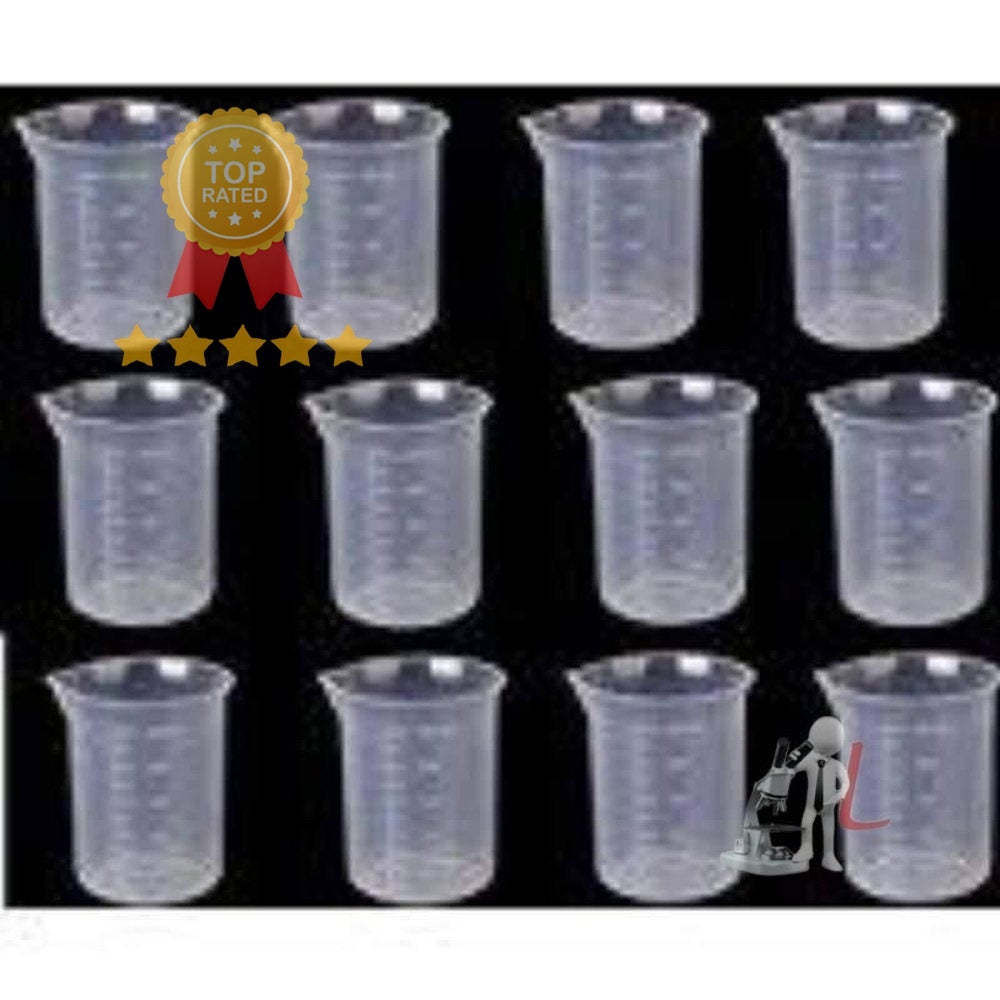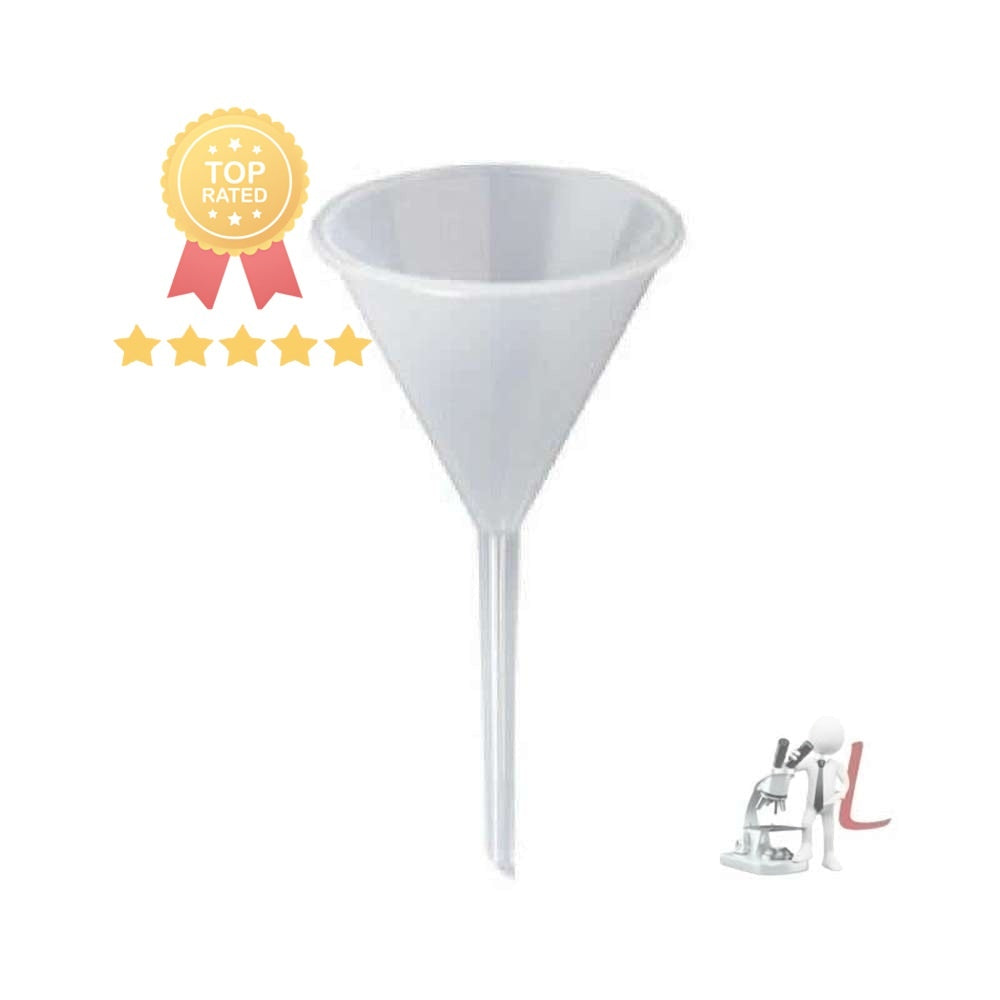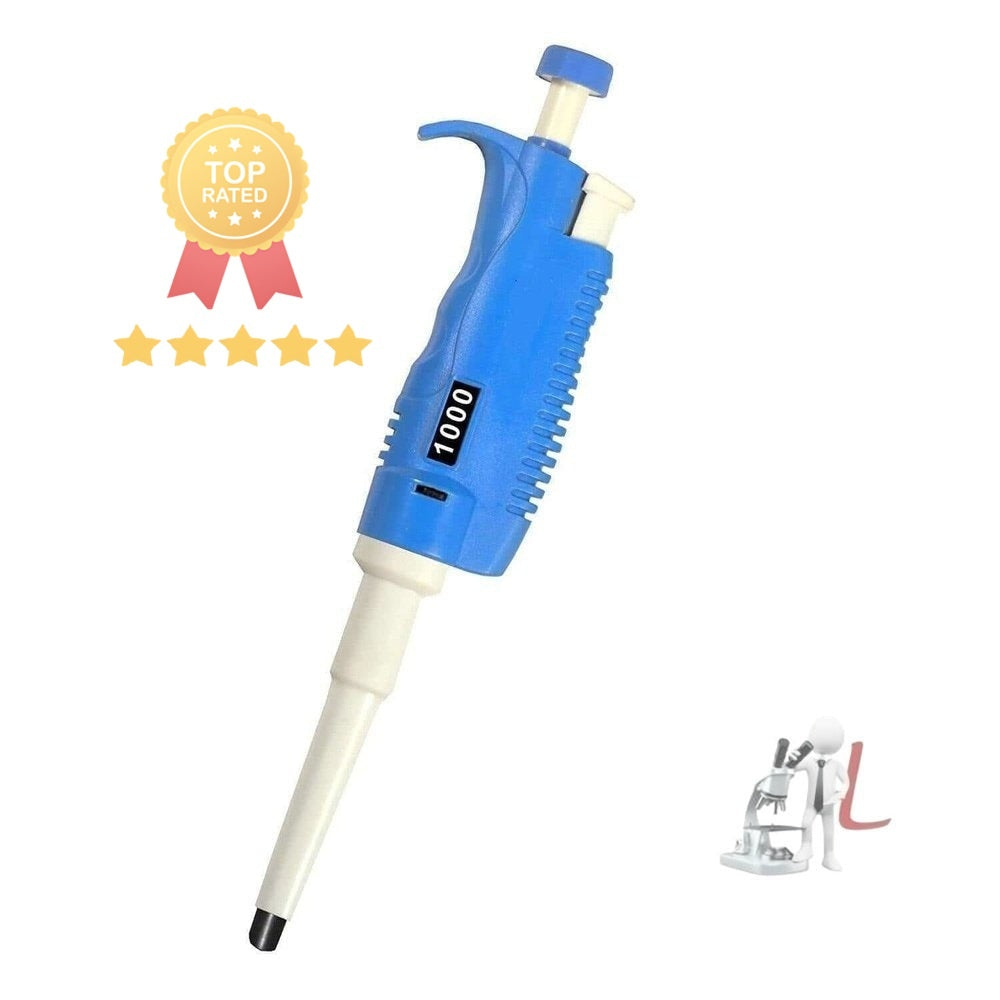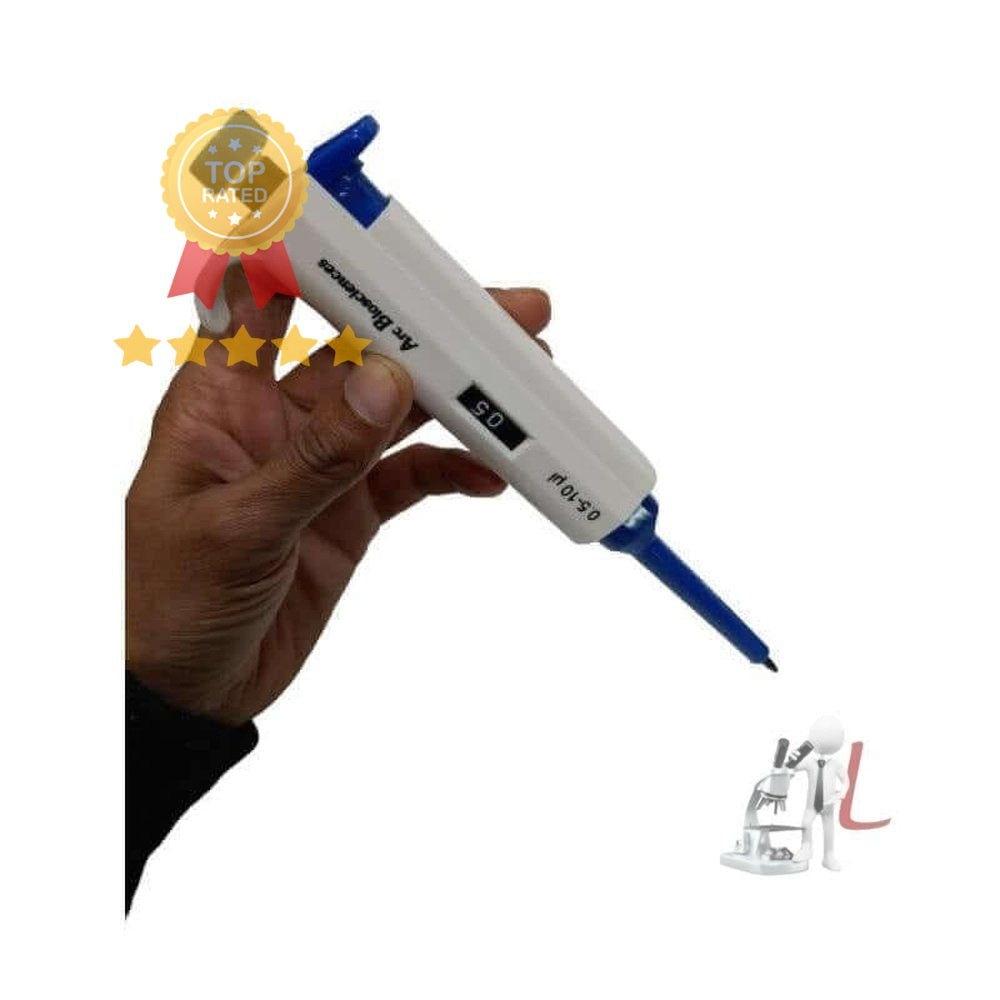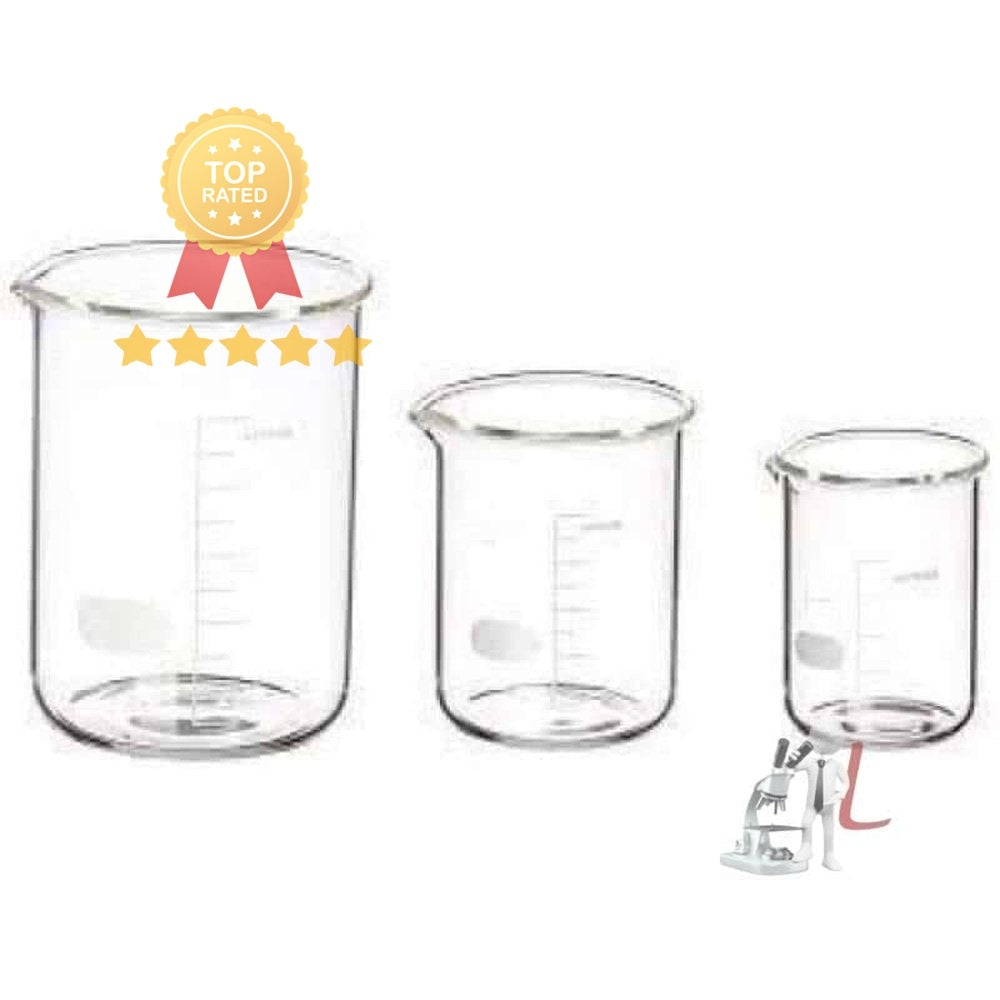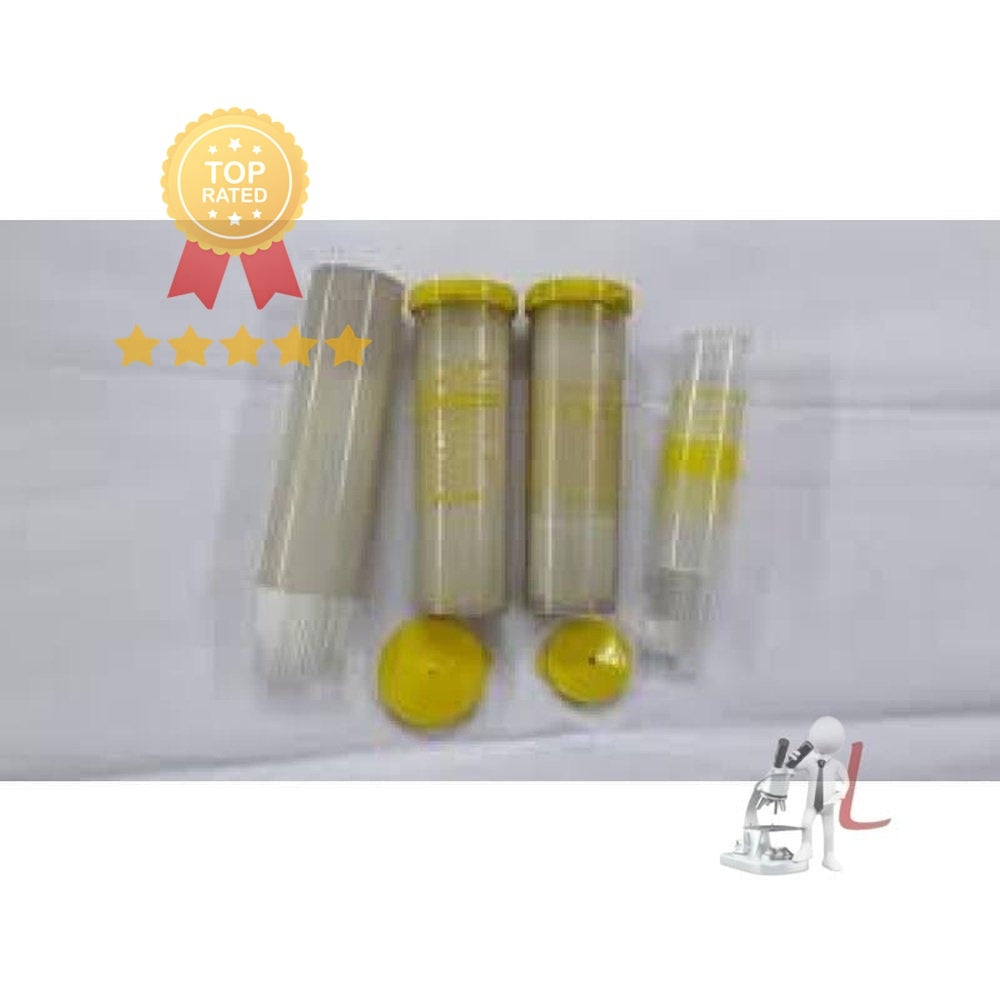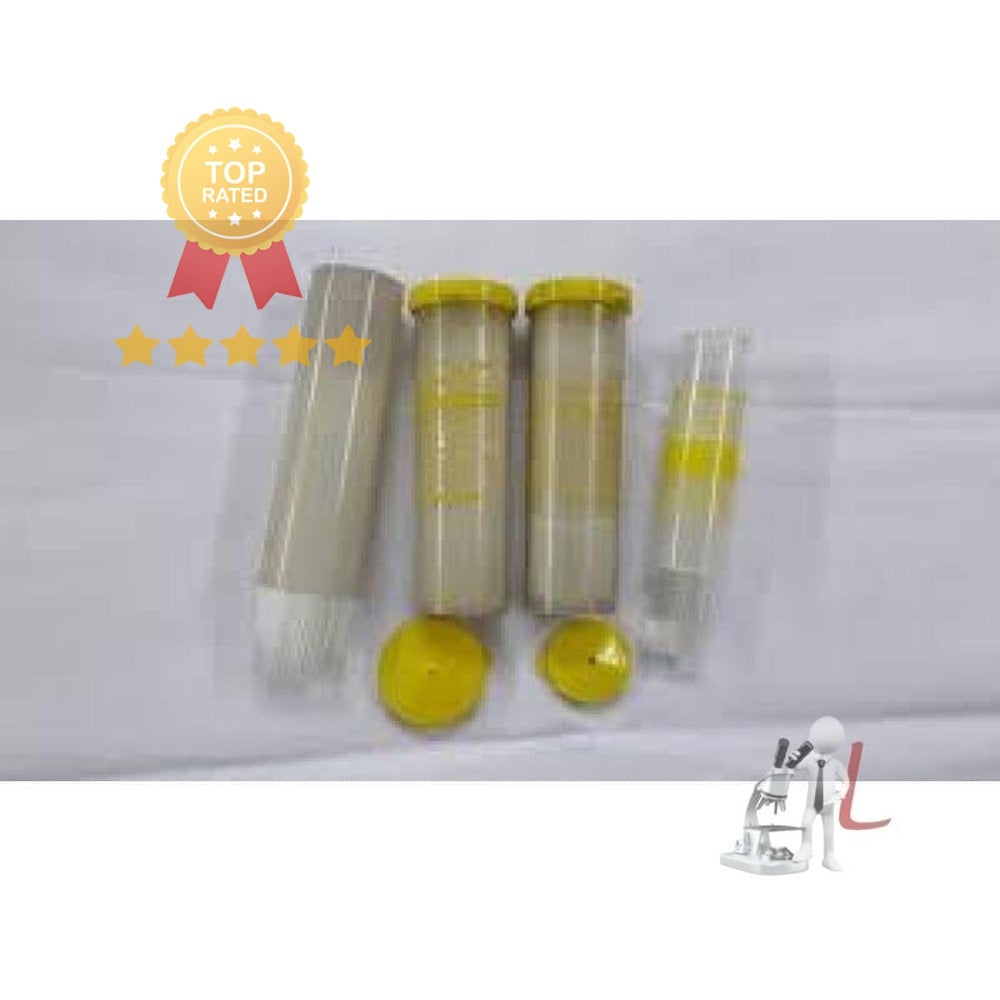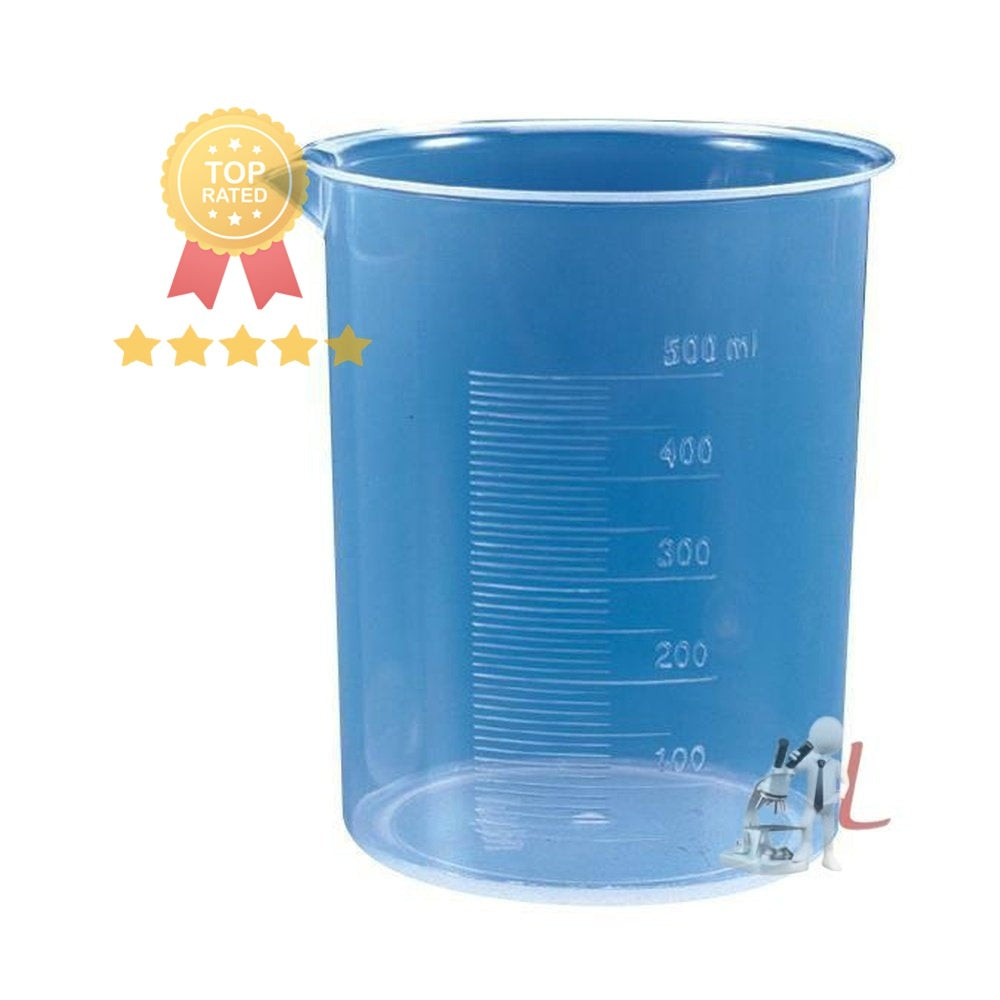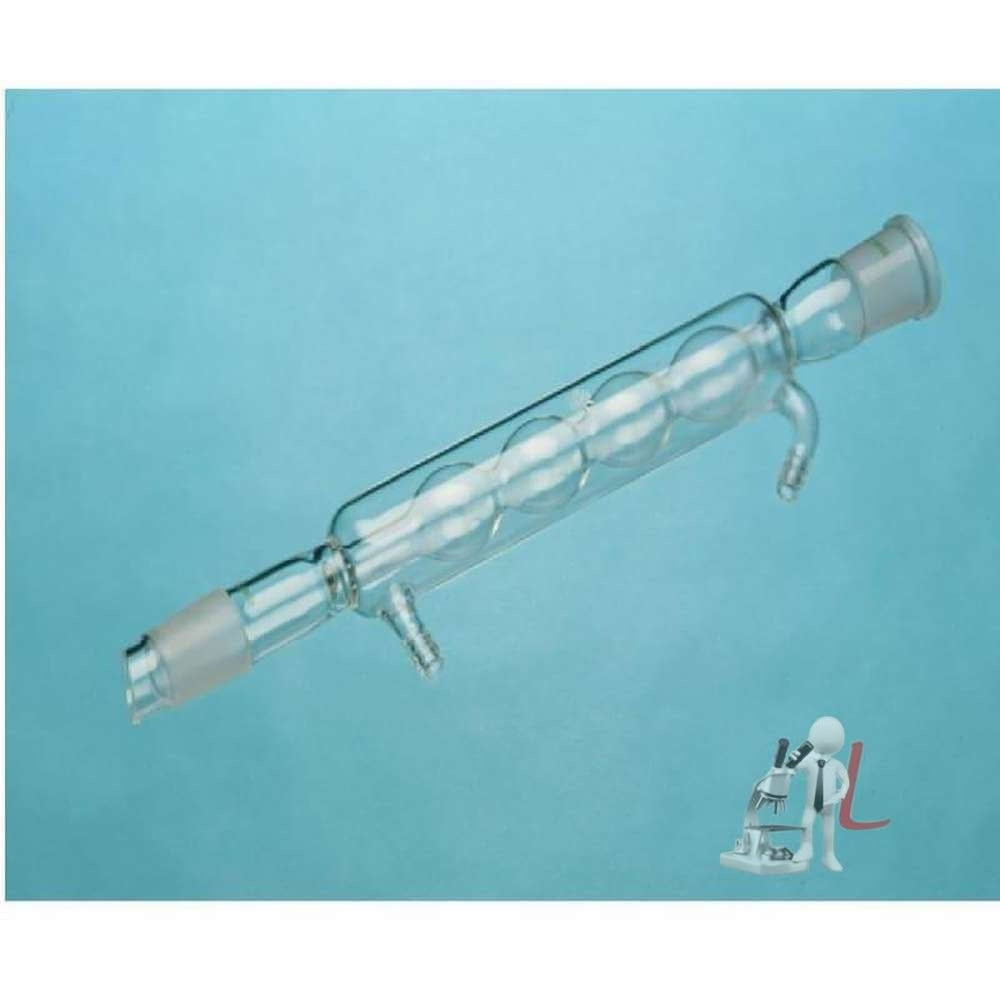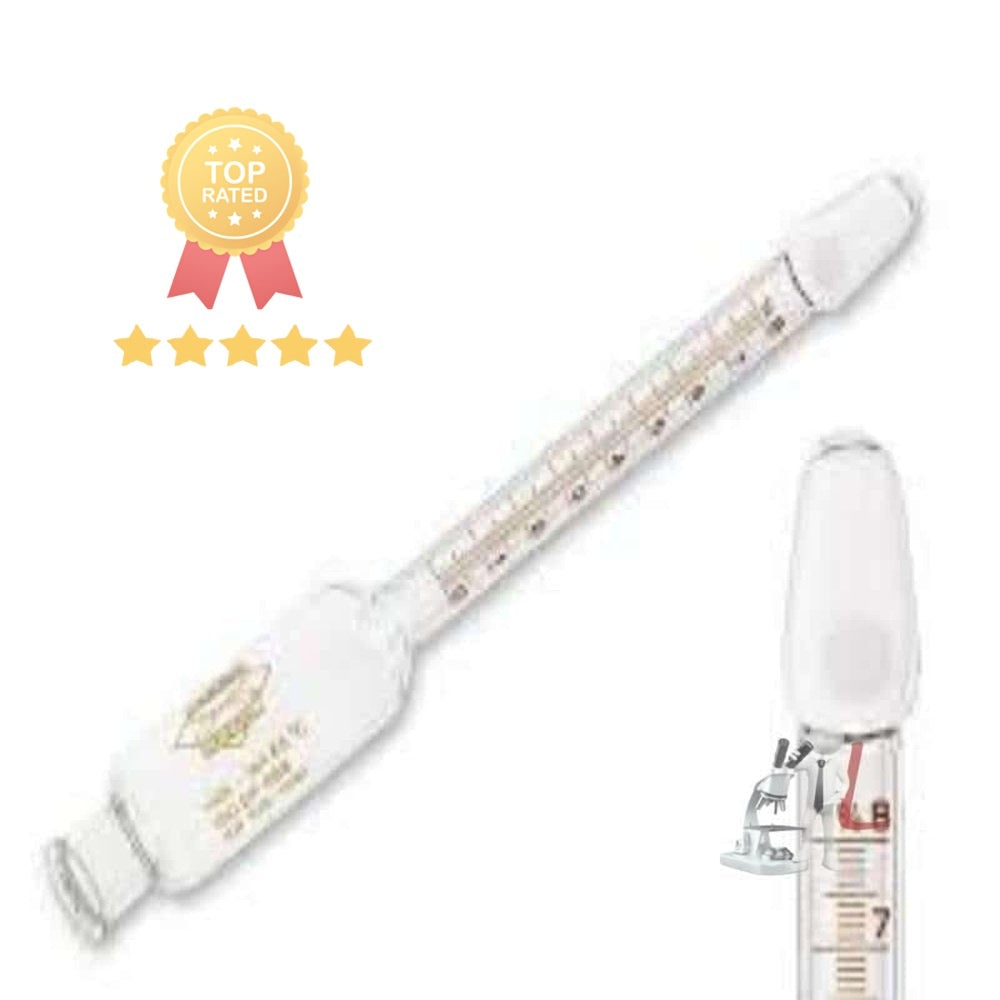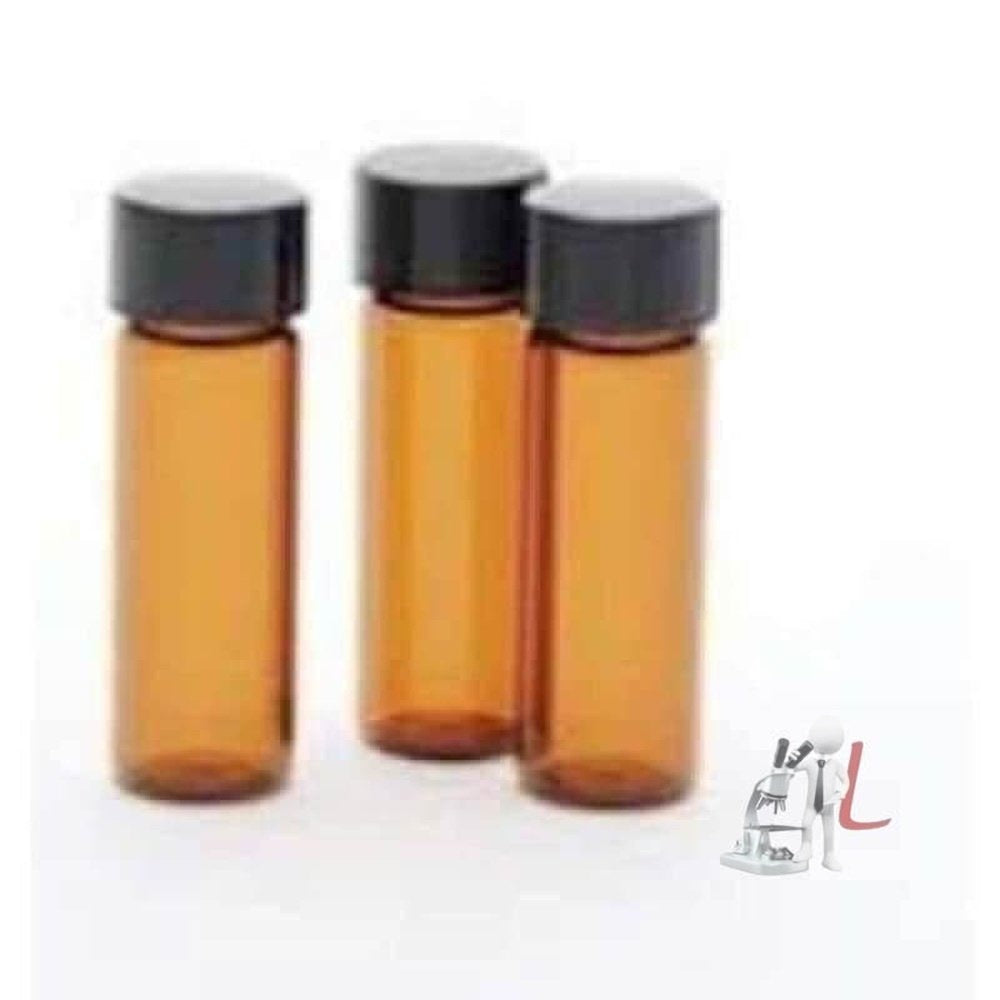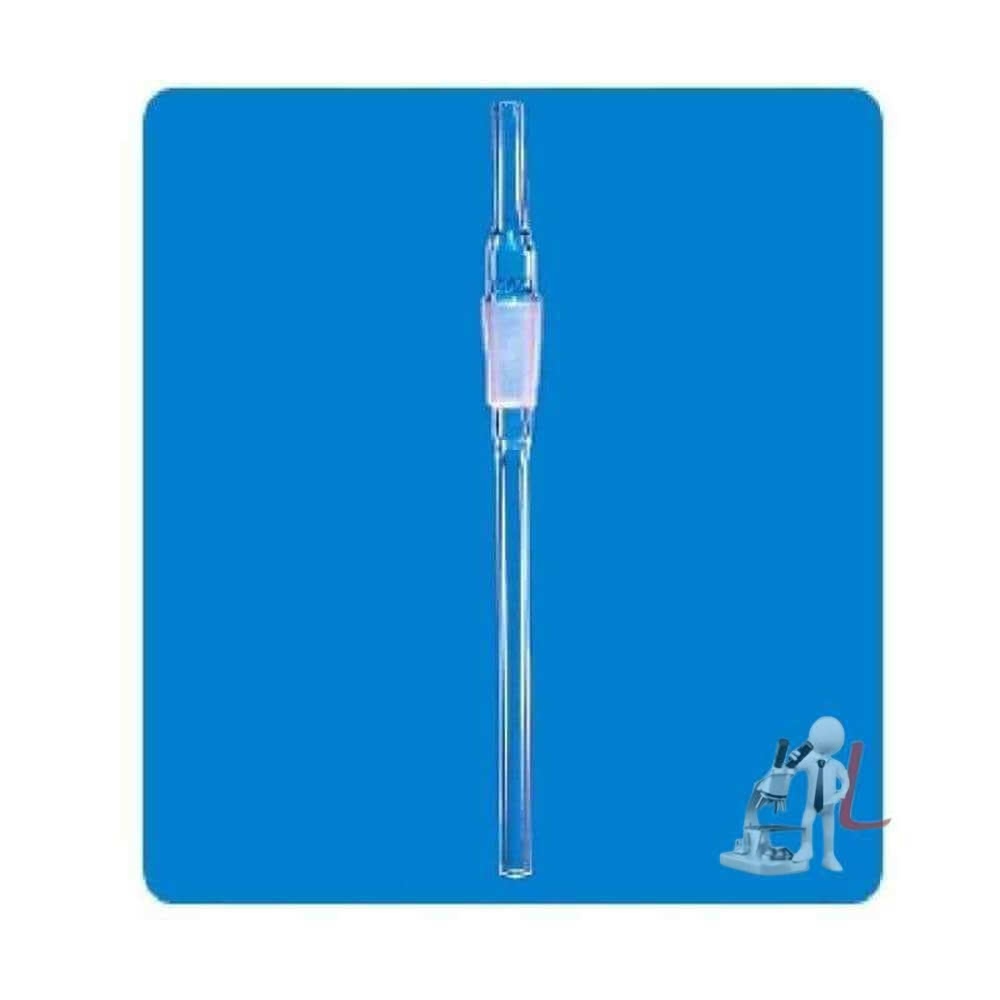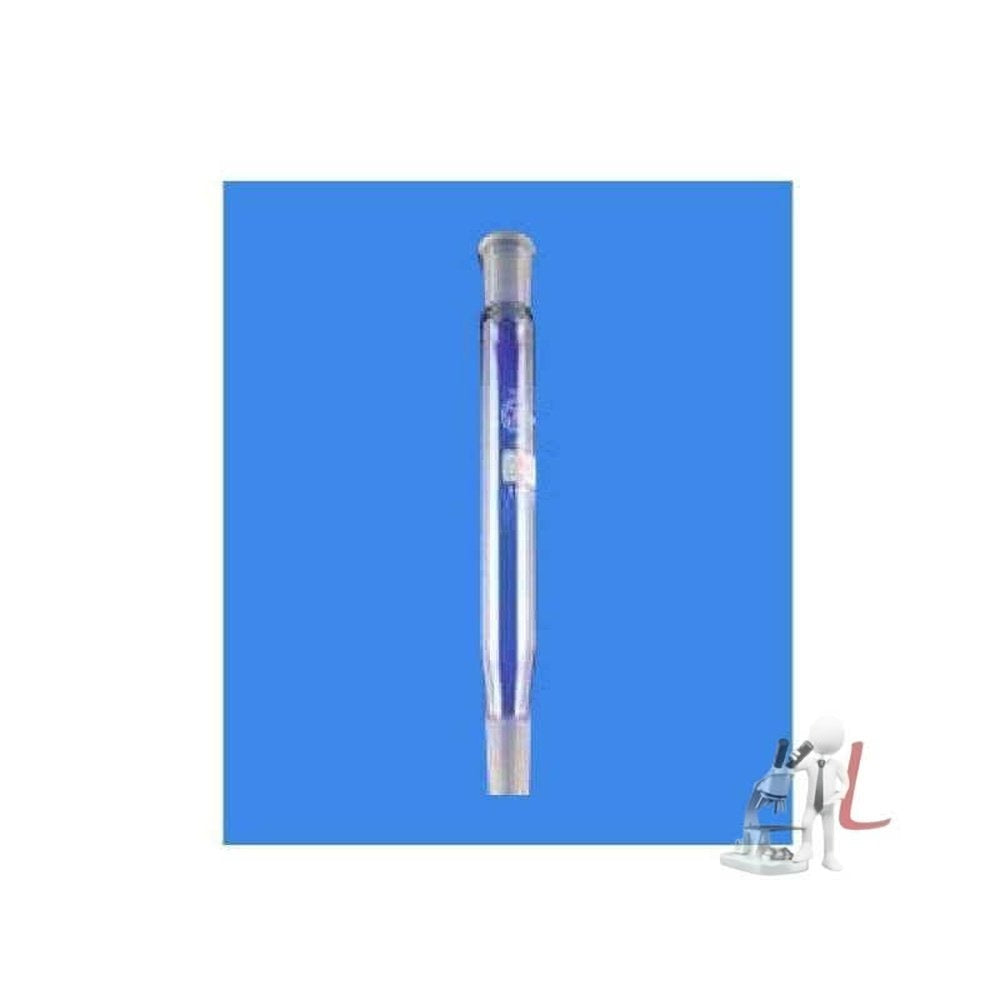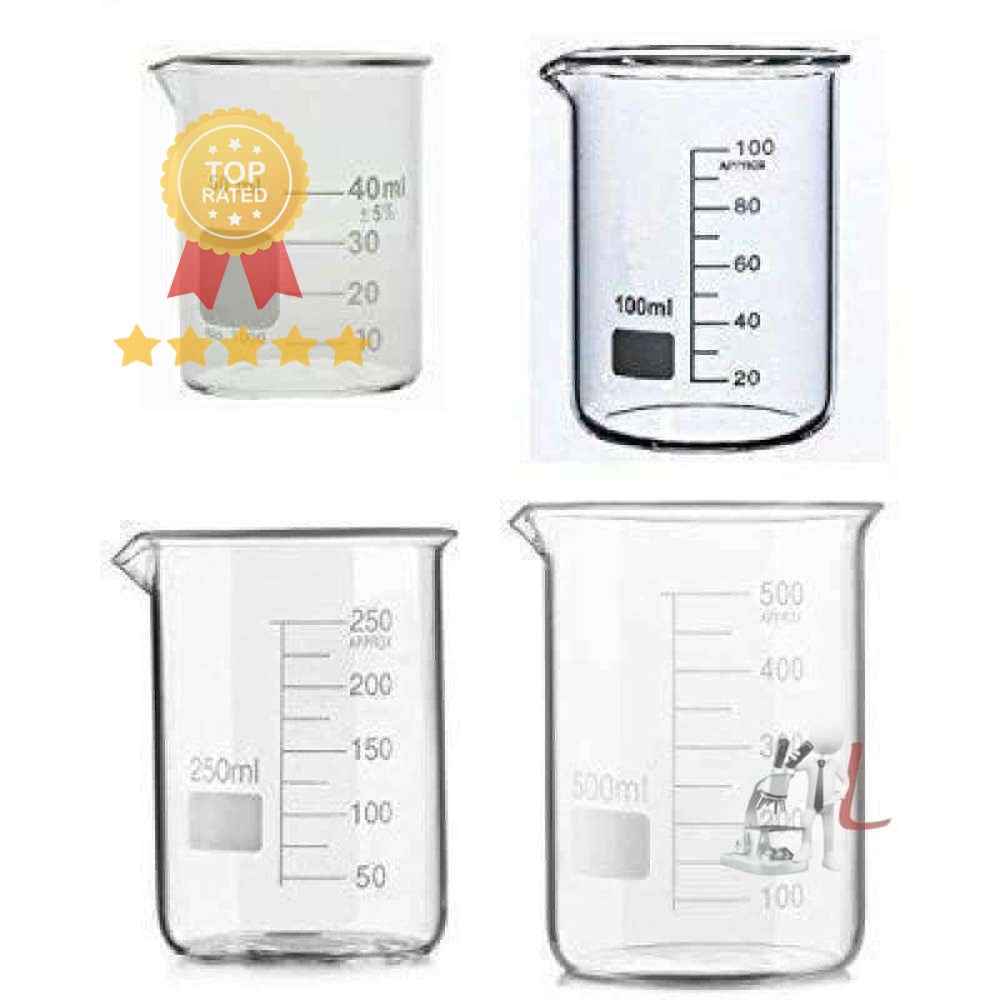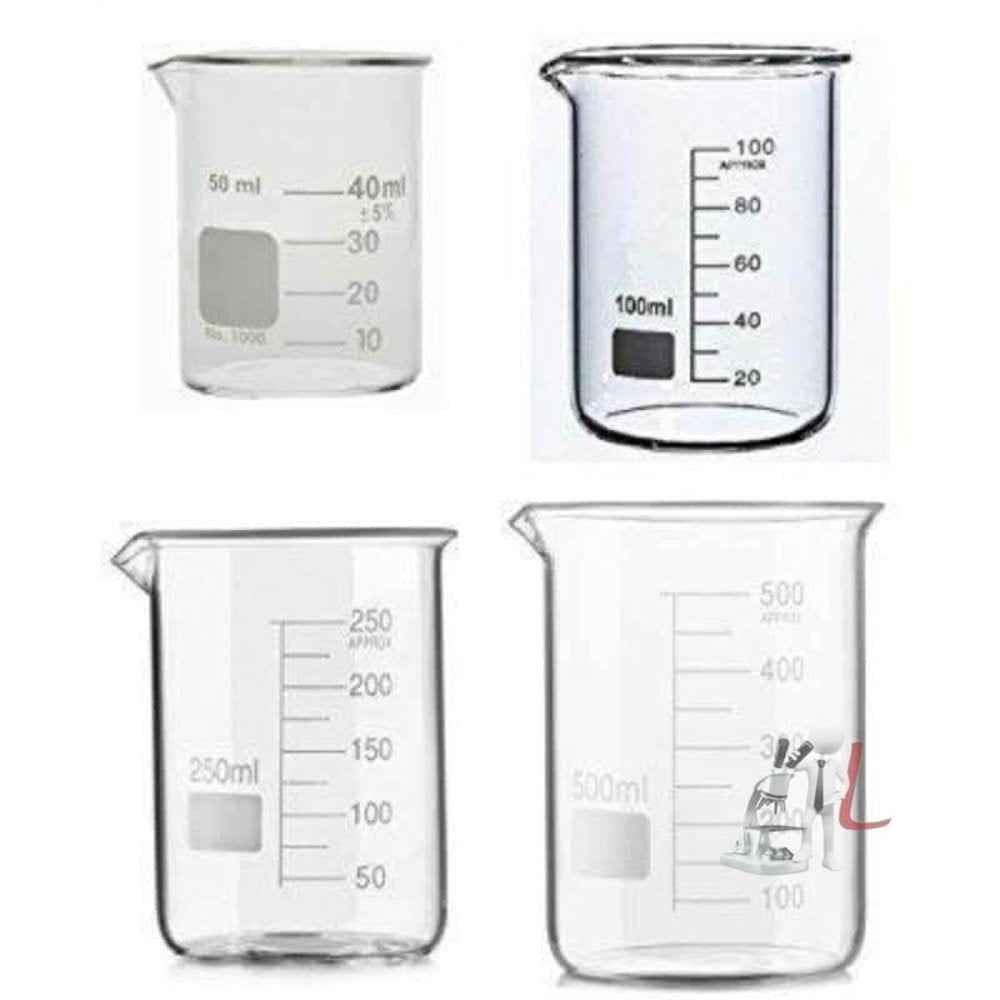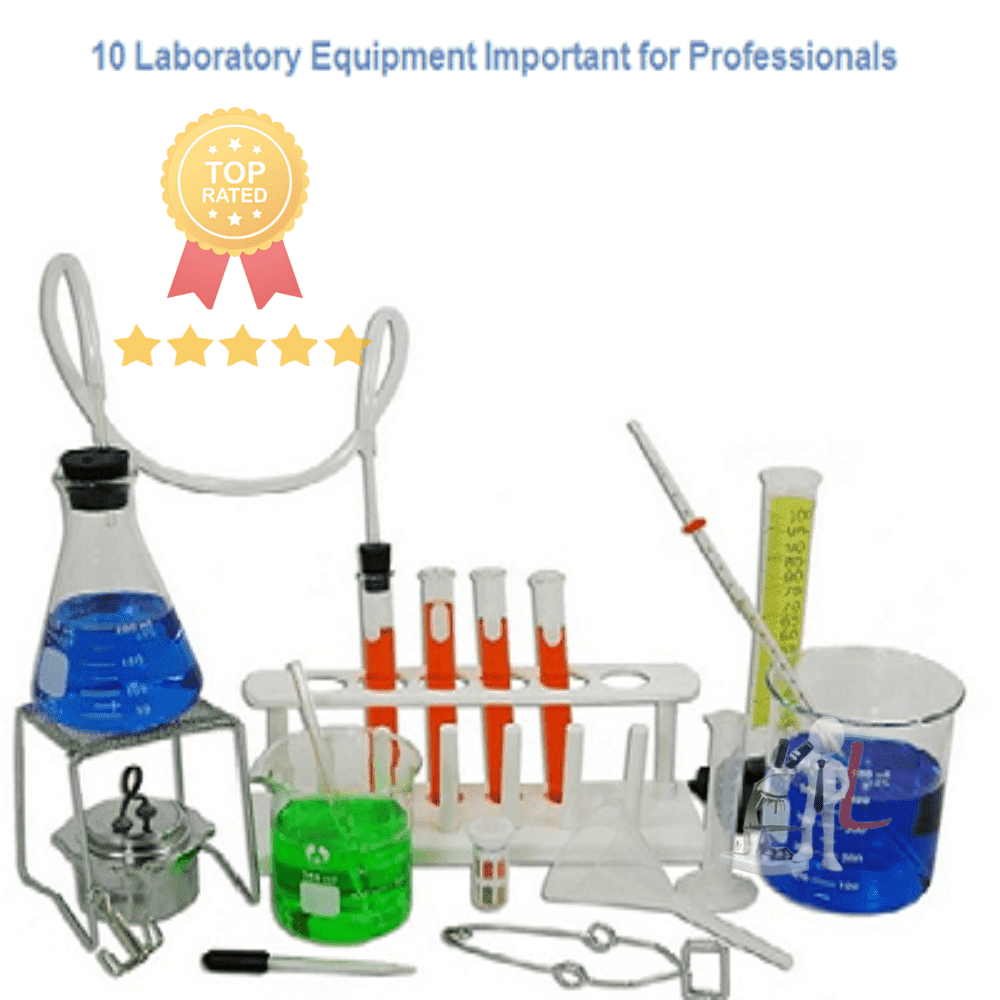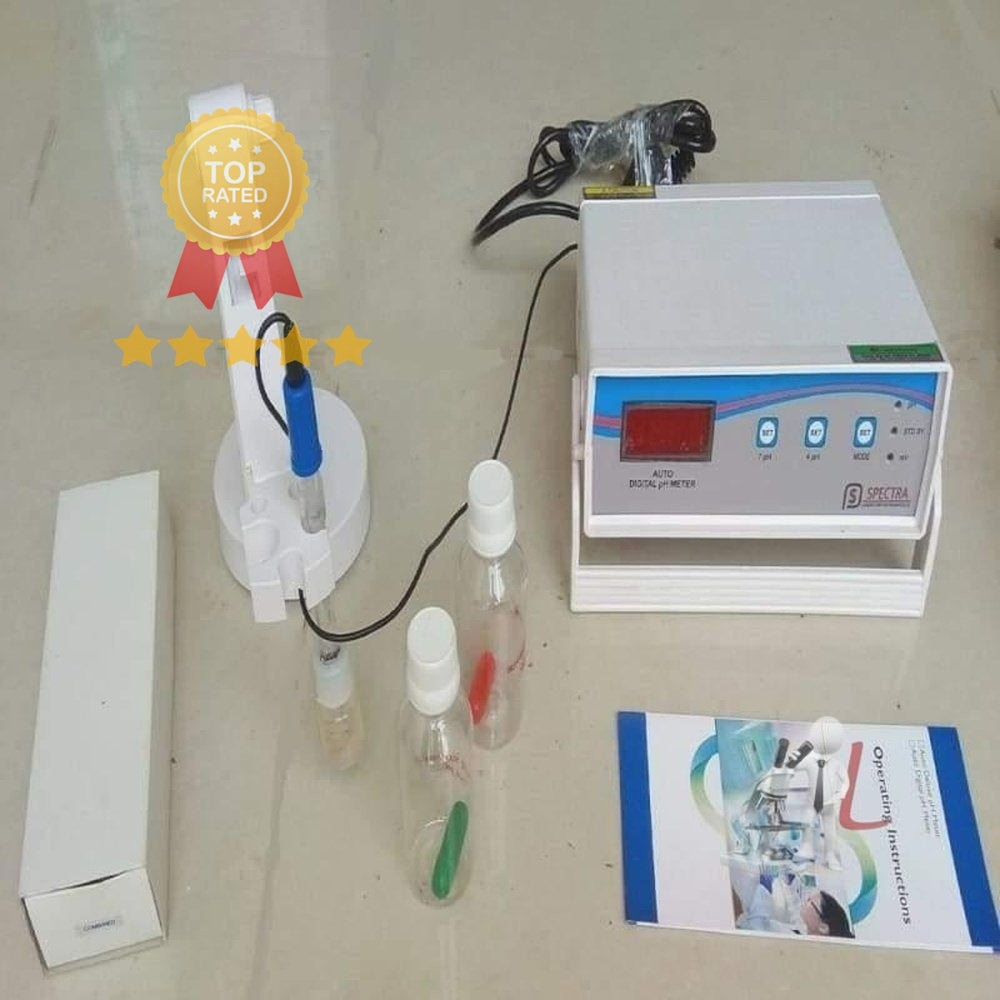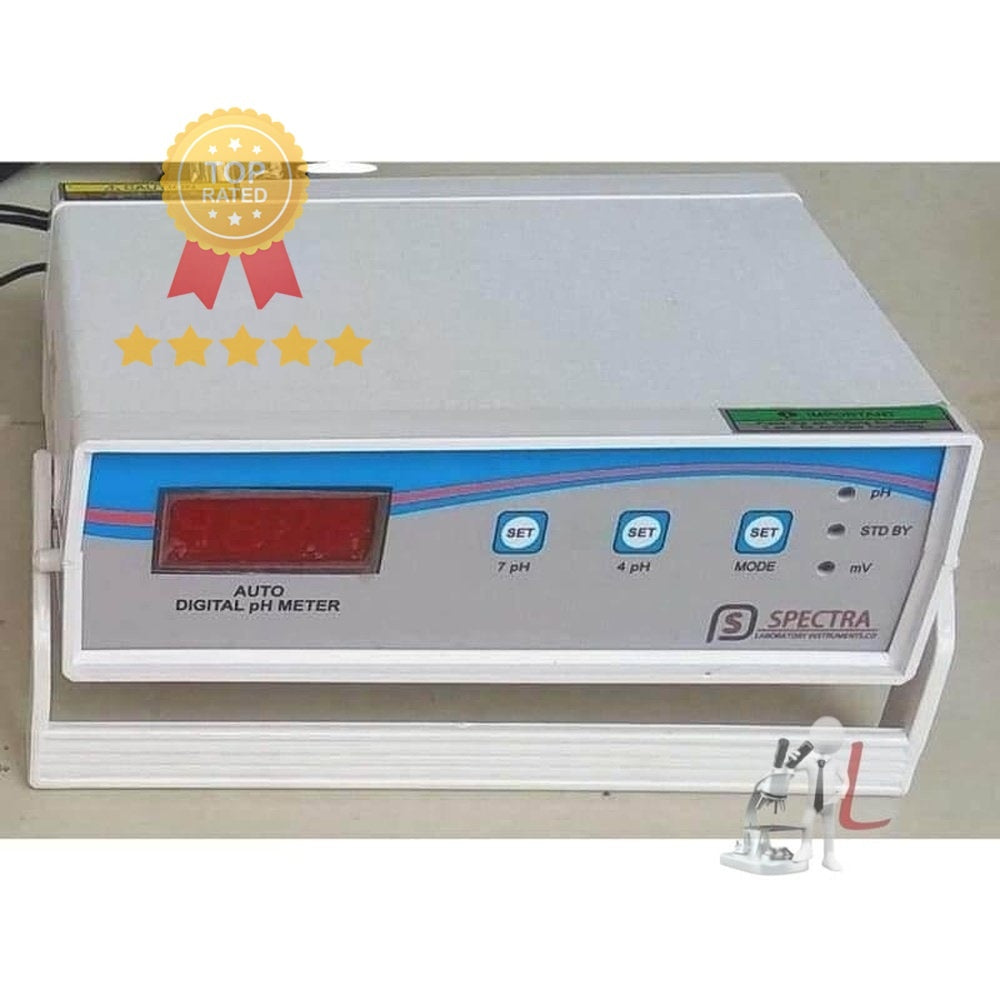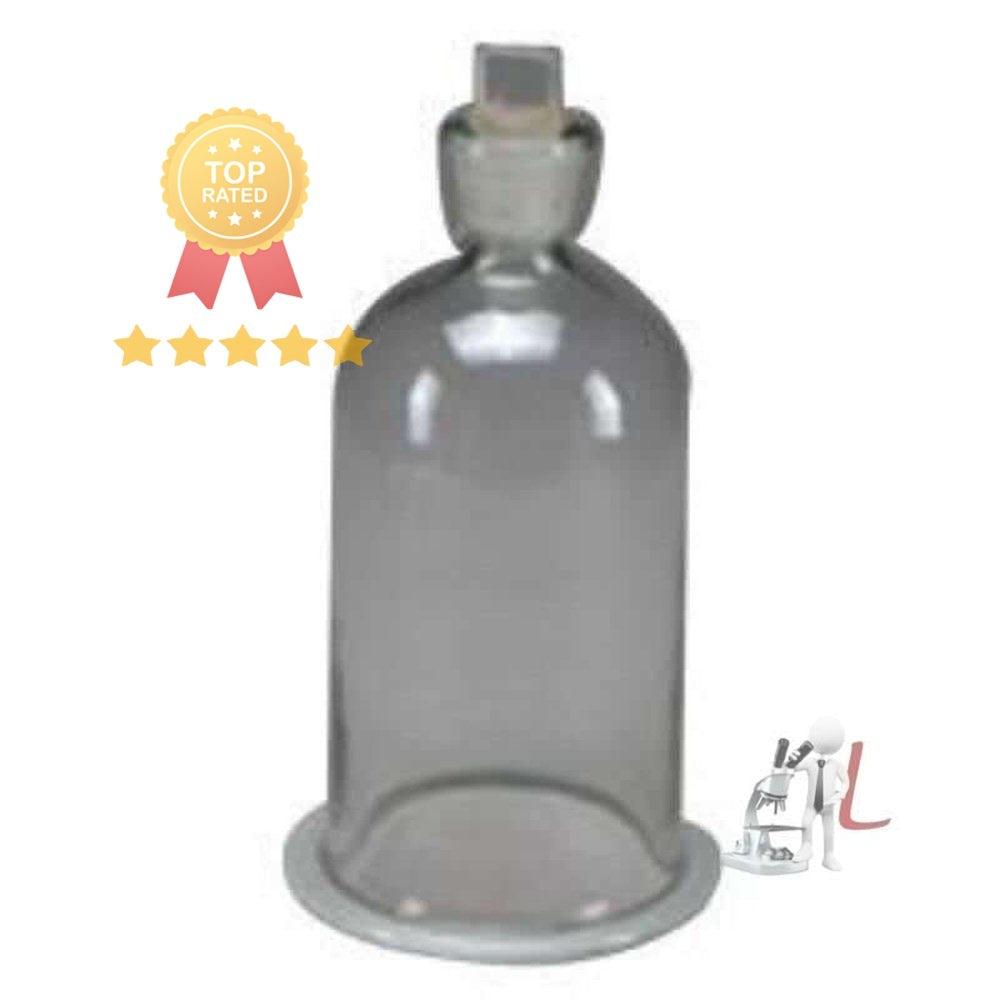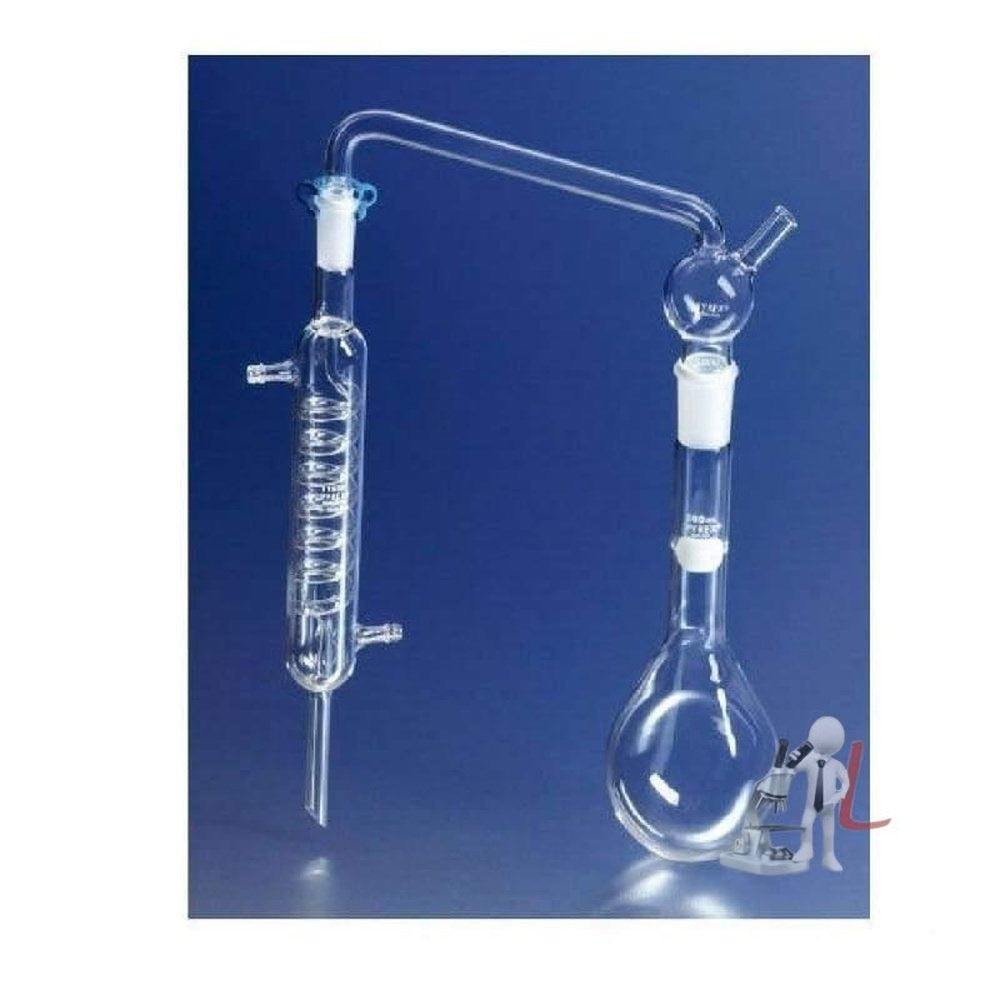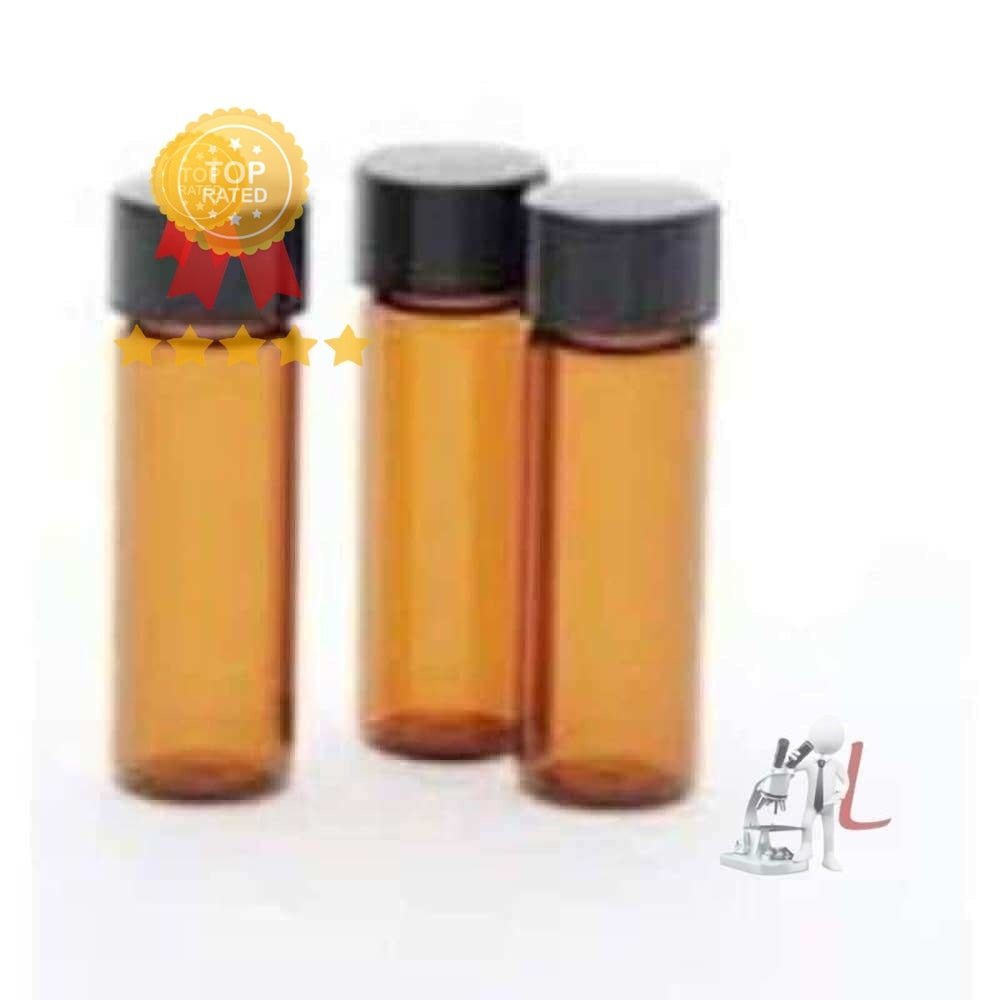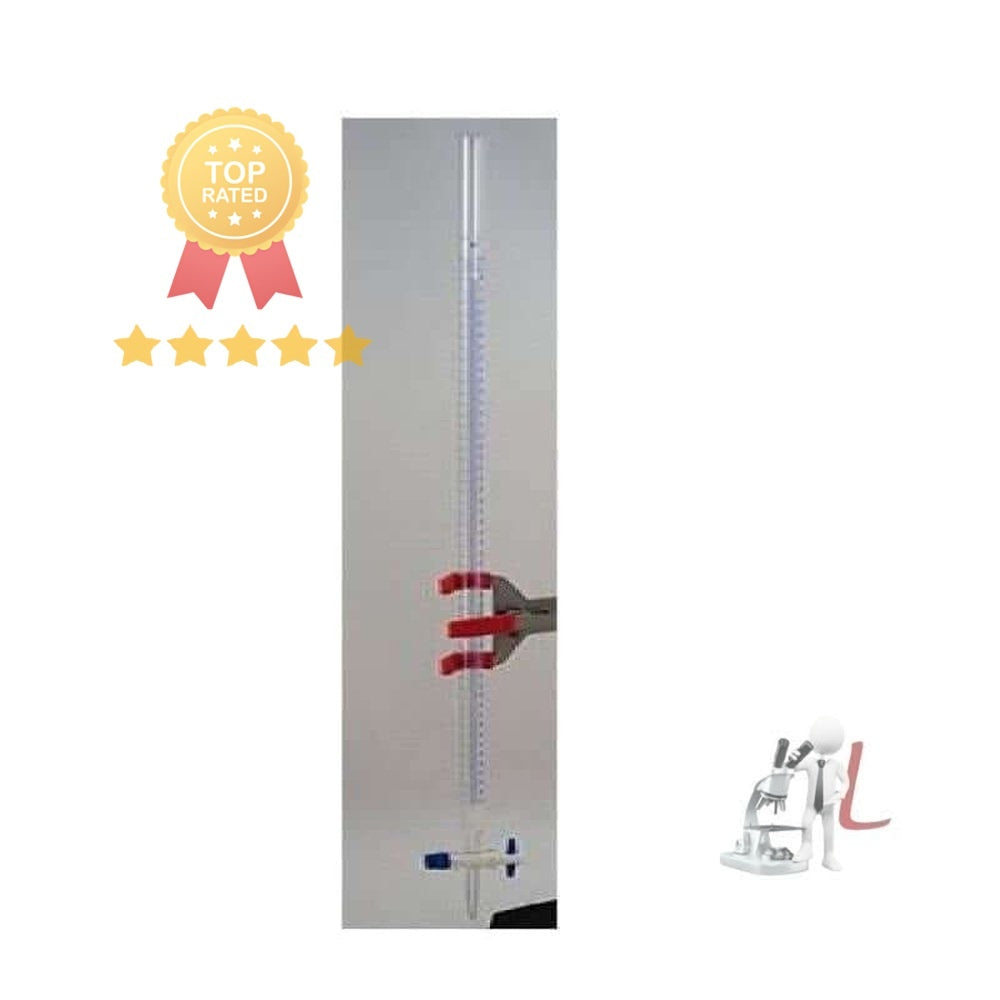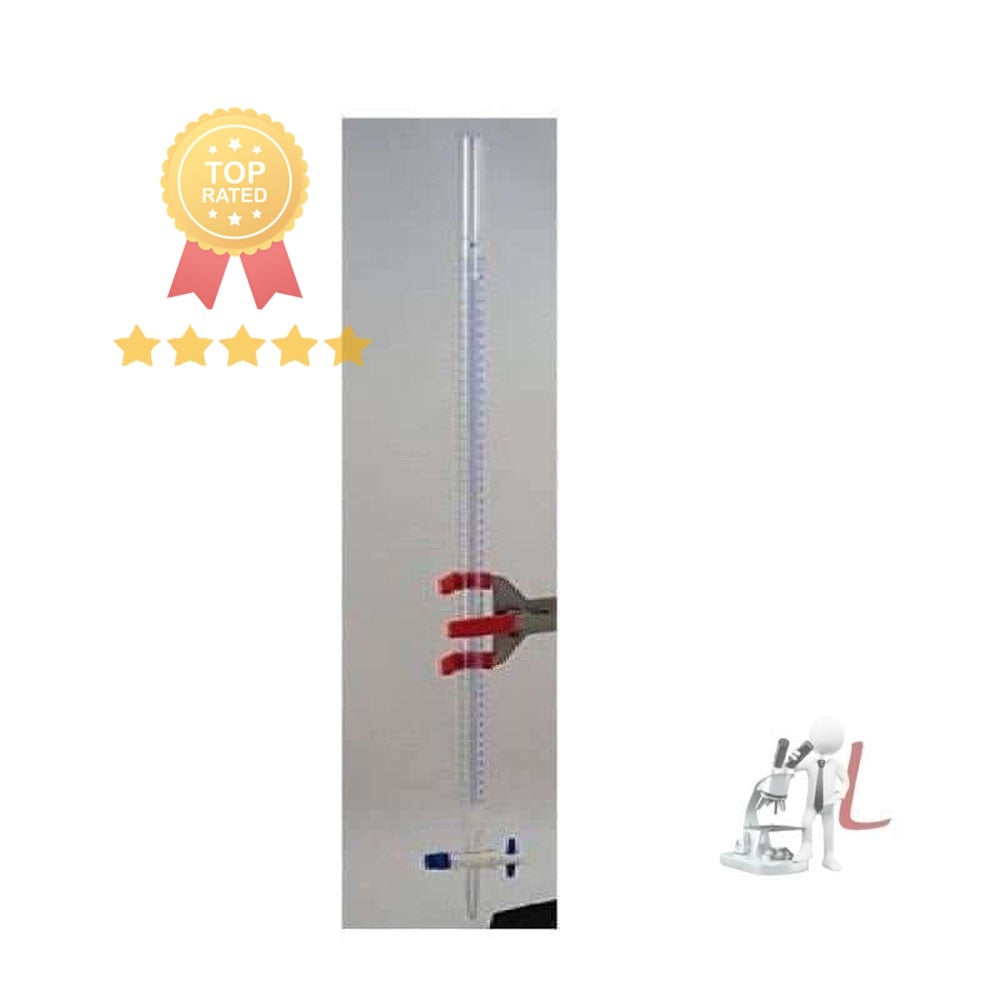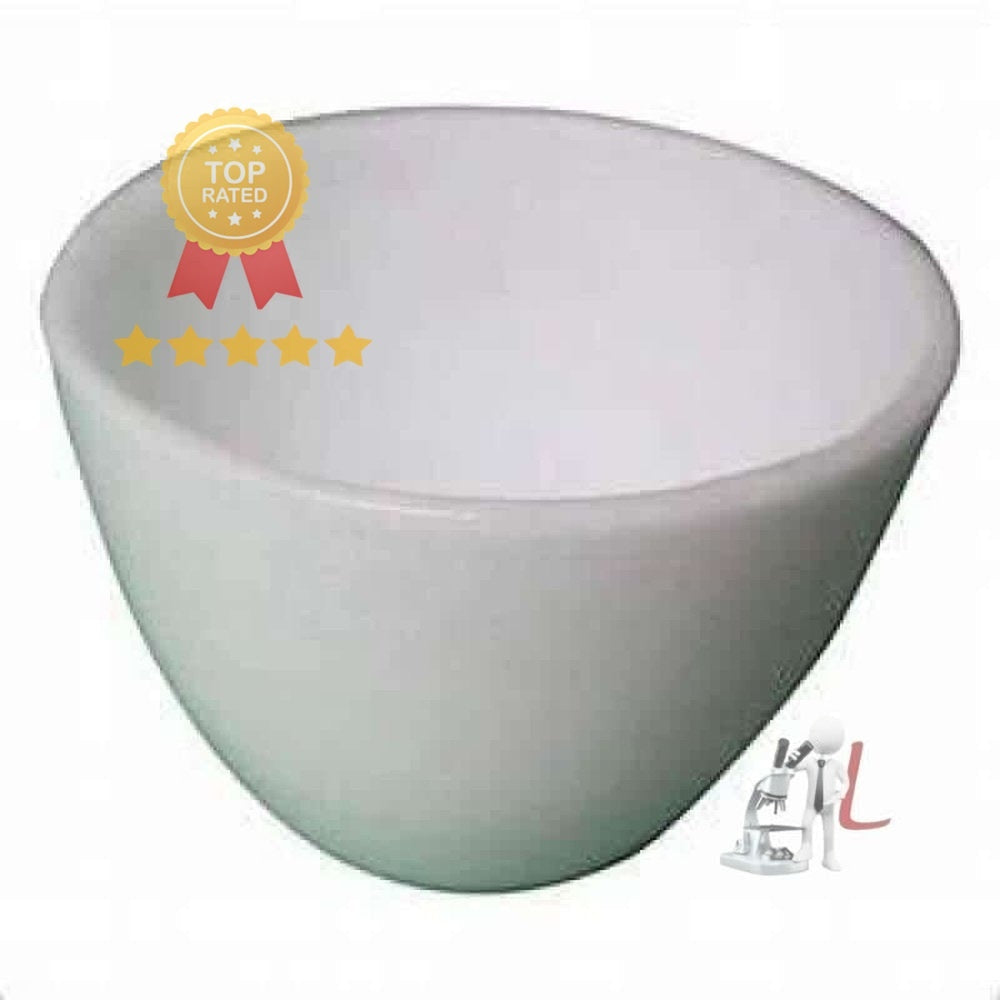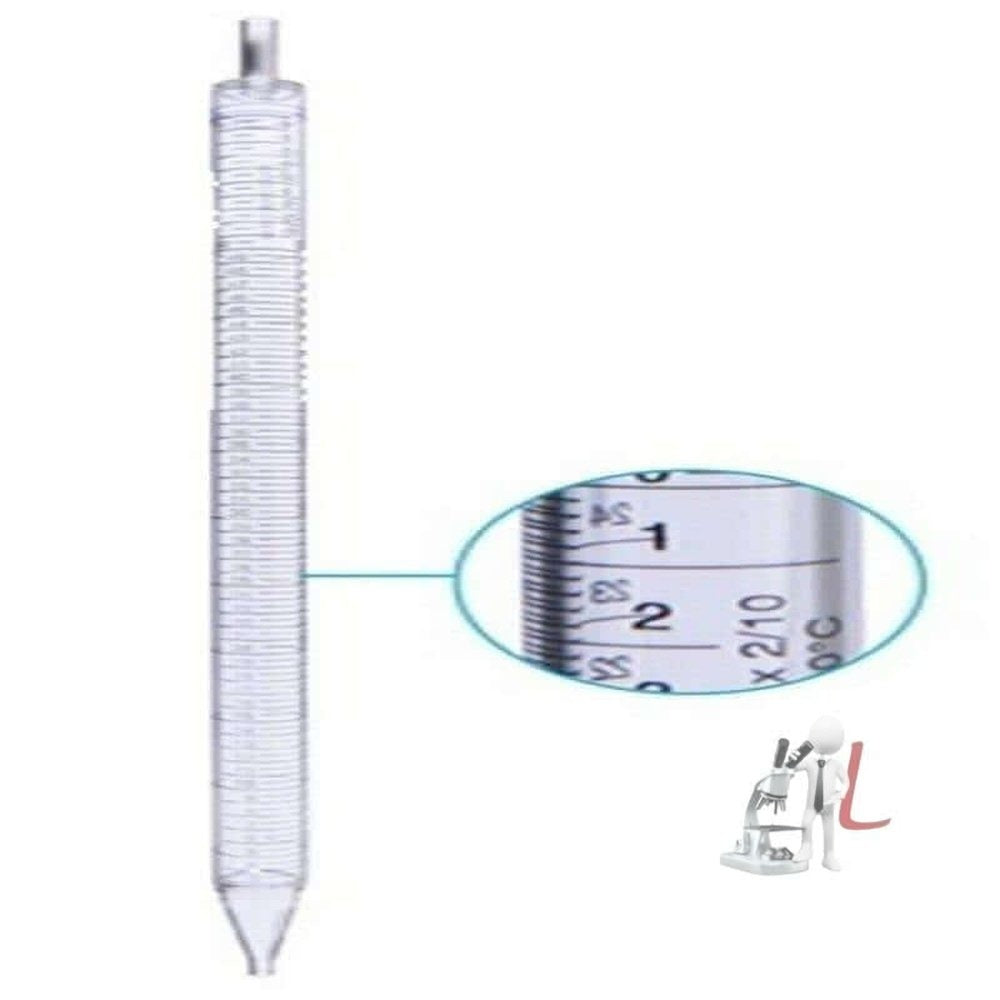Laboratory Glassware and Chemicals
Laboratory glassware and chemicals are essential components in a variety of scientific experiments and industrial processes. The proper use and selection of these items can significantly influence the outcomes of research and development activities. This collection showcases an extensive array of laboratory glassware and chemicals that cater to various sectors, including education, pharmaceuticals, and environmental science.
When discussing laboratory glassware, it is important to note the variety of options available, each designed for specific applications. Beakers, flasks, test tubes, and petri dishes, for instance, have unique shapes and volumes to accommodate different types of experiments. Beakers are typically used for mixing solutions, while flasks are designed for heating and storing liquids. Test tubes serve as containers for reactions, and petri dishes are essential for culturing microorganisms.
In addition to glassware, the range of chemicals available is vast. Chemicals are categorized as acids, bases, solvents, and reagents, each fulfilling distinct roles in the laboratory. Acids, such as hydrochloric acid and sulfuric acid, are used for titrations and other reactions, while bases like sodium hydroxide are equally crucial for neutralization processes. Solvents, including ethanol and acetone, are necessary for dissolving substances during experiments. Reagents, which can range from simple salts to complex organic compounds, are used in chemical analysis and synthesis, playing a pivotal role in producing desired results.
Quality and safety are paramount when it comes to laboratory glassware and chemicals. All glassware should be manufactured from high-grade borosilicate glass to enhance resistance to thermal shock and chemical corrosion. Safety standards demand the use of personal protective equipment when handling hazardous chemicals to prevent injuries or exposure to harmful substances.
Moreover, the significance of proper storage cannot be overstated. Chemicals should be stored in appropriate conditions to ensure their stability and prevent any degradation. Proper labeling of all chemicals is vital to avoid confusion and ensure safe handling. It is also important to regularly assess the integrity of glassware to prevent accidents due to breakages.
This collection aims to equip laboratories with high-quality glassware and a wide assortment of chemicals, ensuring that researchers have all the tools necessary to conduct their work effectively and safely. By providing access to reliable products, this collection supports innovation and advancement across numerous scientific fields.
Additionally, when selecting laboratory glassware and chemicals, consider factors such as compatibility and purity. Not all materials react the same way, and using chemicals that are incompatible can lead to dangerous reactions. Similarly, impurities in chemicals can lead to erroneous experimental results, making it essential to source high-purity materials wherever possible.
Purchasing laboratory glassware and chemicals from reputable suppliers is crucial for any laboratory's operation. Conducting thorough research and understanding the specifications of products is important to ensure the reliability and effectiveness of experiments. Incorporating modern technologies in the selection process, including digital inventory management and chemical tracking systems, can improve efficiency and compliance in laboratory environments.
In conclusion, laboratory glassware and chemicals form the backbone of scientific experimentation. The right collection of glassware can facilitate a wide range of procedures, while high-quality chemicals lead to accurate and reproducible results. Investing in quality products ensures that laboratory environments can maintain high standards of safety and efficiency. This collection serves to bring together essential tools and materials necessary for success in any laboratory setting.
Filter
Sort by


